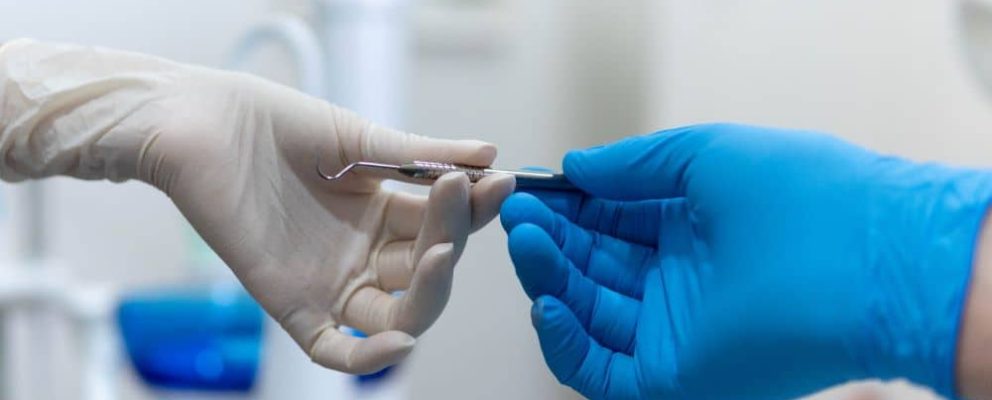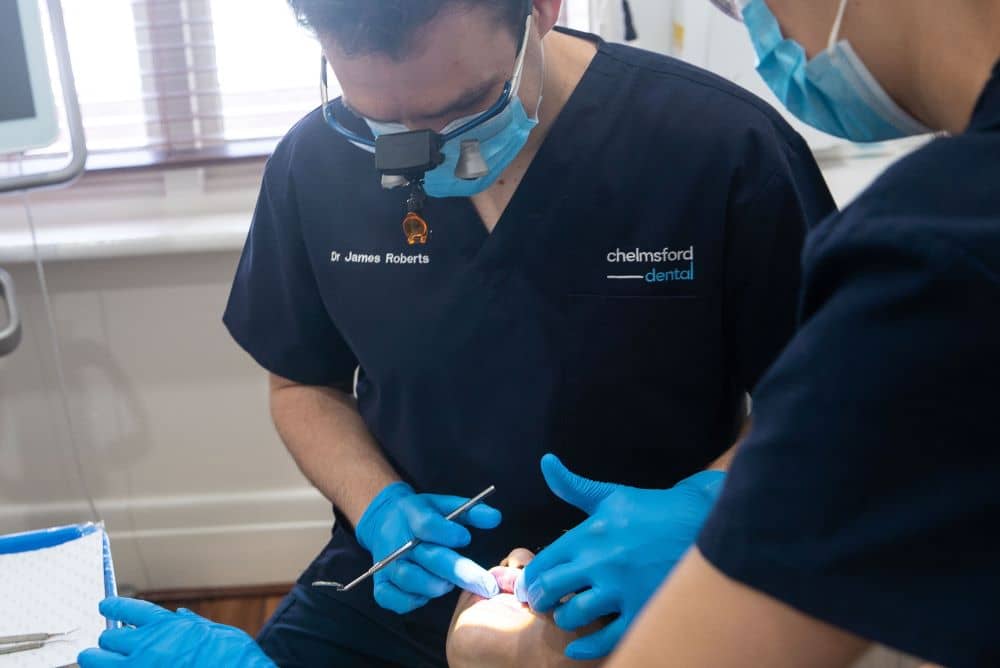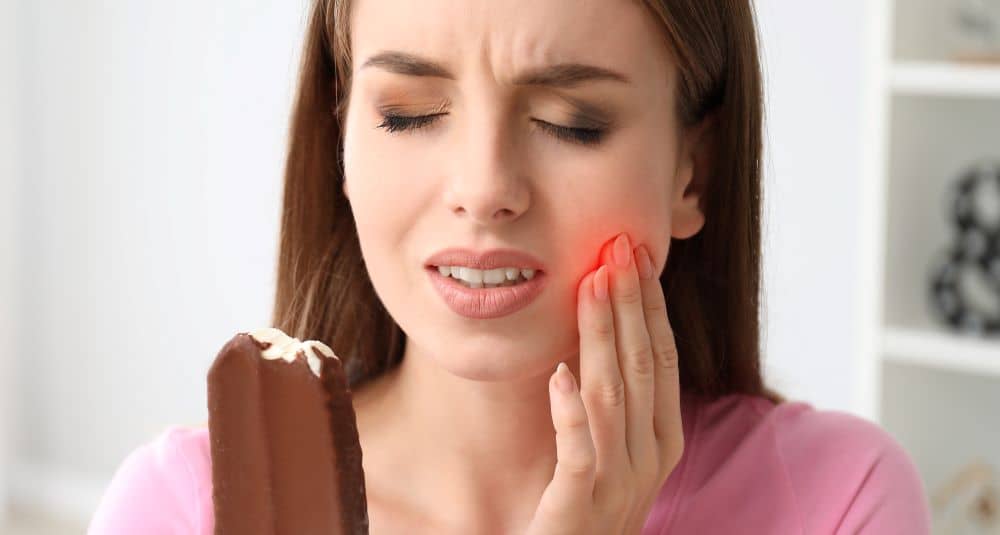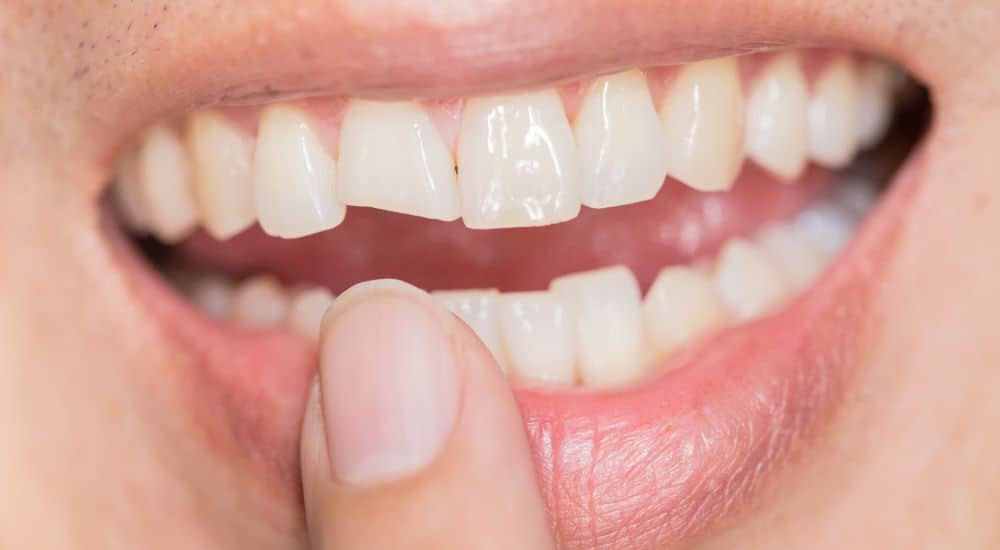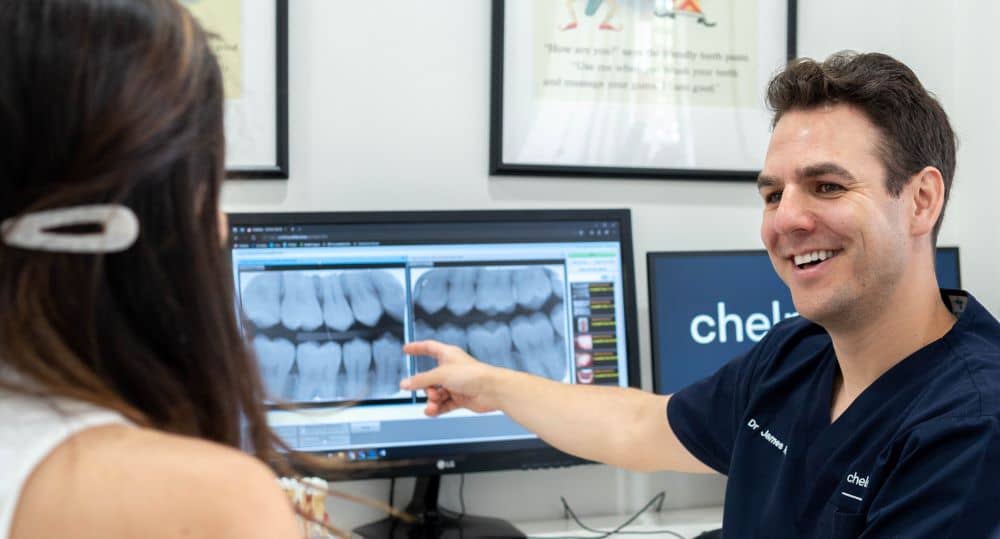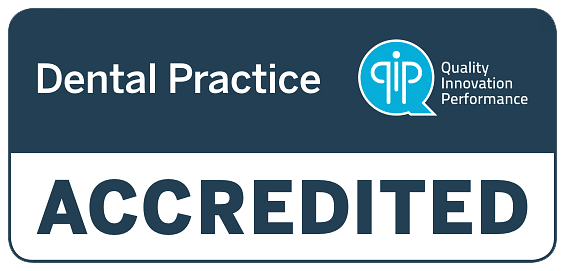For most people, visiting the dentist is setting up an appointment every six months. Usually, these meetings are for regular evaluations and cleaning. Twice yearly schedules are enough to determine if there are problems with oral health and for treatment to minor issues. It is much easier to monitor certain conditions when the professional understands your oral health history.
It is essential to visit the dentist regularly. However, there are some instances when you have to make an emergency call.
Here are the top signs that you need the help of your dentist outside your regular appointments:
1. You Are in Pain
When you feel pain in your mouth, and that side of your face looks swollen, it is time to call your dentist. Persistent pain in the face, neck, or mouth can be a result of different things. Only your dentist can tell you the reason and what should be done.
Often, the pain is due to a toothache. If you have had this problem before, you know how debilitating it can get. You may not be able to chew and eat or even perform ordinary tasks. Other people may tell you to wait it out, but sharp tooth pains that do not seem to go away may be a sign of something serious. Also, it will only get worse if you do not get it treated.
If swelling in the cheeks is evident, it may be due to root infection. Your dentist is the only person who can provide treatment for the problem. You will most likely be prescribed with an antibiotic, which will help in treating the infection. It is just the first step, but it is crucial in easing the pain away. A full treatment may be required, depending on the real cause of the pain.
If pain is because of an infected or dying root, it should be treated right away. This part is essential because bacteria can easily spread and may even lead to losing other teeth. It can also affect the gums, your jawbone, and other areas of the mouth.
There are two options here:
- Through tooth removal
- Root canal procedure
Removal of the entire tooth is the primary option, especially if it can no longer be restored. Root canal, on the other hand, allows you to keep the tooth intact. The dentist will create an opening in the tooth and remove the pulp before cleaning out the infected area.
2. Your Gums Are Bleeding or Inflamed
It is never a good idea to ignore the signs of gum disease. When you brush your teeth, and you see blood when spitting, you should call your dentist immediately. Bleeding gums is common, but it does not mean it is right.
When your gums bleed or are red and swollen, it is a sign of gum disease. You should have it treated before it progresses to something more severe.
During the early stage, it is called gingivitis, and it can still be easily treated. Often, cleaning can solve the problem. However, if you leave it alone, it can go to a more advanced stage called periodontitis.
Other diseases in the body can be detected with gum problems. Therefore, you should have the condition checked and analysed right away. It can be a sign that you have an underlying systemic disease, such as leukaemia, some specific cancers, and diabetes.
Saliva has high glucose content, which is why people with diabetes have a higher risk of developing gum disease.
3. You Cannot Seem to Eat Properly
Most of us enjoy eating. It should be a relaxing activity, not a stressful one. If it has become such a pain for you to eat, it may be due to dental trouble. For example, you find it difficult to swallow or chew. You should call your dentist to talk about the problem and learn about the correct treatment. In the meantime, it makes sense to avoid hard food, as well as anything acidic.
4. You See White Spots on Your Teeth
A common misconception about white spots on the teeth is that they show the natural colour of the teeth. No, these spots are actually due to dental decay. Watch out for them since they are among the first signs of tooth decay, which is a type of infection.
Tooth decay happens when the enamel of the teeth is dissolving. It means there are bacteria in the mouth in uncontrollable numbers, leading to the acid build-up. Routine dental care is important at this point. Call the dentist right away, even if you only see a few spots. You never know where the other signs are lurking.
5. You Suddenly Experience Sensitivity When Consuming Hot and Cold Food or Drink
Just the idea of eating cold or hot food can make you uncomfortable. Once again, tooth decay may be the culprit. It interferes with the surface of the teeth during its initial stages. As it gets worse, it can penetrate the inner parts of the teeth where the nerves and vessels are located.
As a result, you feel incredible discomfort when you eat cold or hot food. Schedule an appointment with your dentist so you can continue enjoying what you love to eat.
6. Your Gums Look Like They Are Pulling Away From Your Teeth
Gum erosion can be a shocking thing to witness. When your gums are receding, and you see more of your teeth, it is time to call your dentist. It is a sure sign of a progressed gum disease. You may be wondering how it is even possible. After all, you did not feel any pain or even notice your gums swelling.
Some people do not notice any signs of gum disease until it has reached a more advanced stage. The good news is that it can still be fixed.
You should not ignore receding gums and dismiss it as a natural phenomenon. It is not part of ageing unless you have poor dental hygiene. Also, uncontrolled gum disease puts you at a high risk of developing other conditions. It is often linked to diabetes and cardiovascular diseases, so you should set an appointment as quickly as you can.
7. You Have Loose Teeth
Did your teeth start falling out? It is a traumatic experience, which is why you should contact your dentist immediately when you feel a tooth loosening.
One thing that you have to remember is that losing teeth is normal – that is, if you are a kid. If you are an adult, on the other hand, it is a different matter. A tooth could come loose if you got hit in the mouth. But there are no other causes, which is why you should call the dentist pronto.
If you notice pain, followed by loose teeth, it can eventually lead to teeth loss. Like every other adult, you do not want it to happen to you.
Teeth are secured by a bone in the mouth. There is also a thin muscle attachment known as a periodontal ligament that is linked to the bone. When any of these structures are damaged, it results in teeth movement.
If you are a woman, it may be due to osteoporosis. Reports showed that bone loss is common as we get older. It may lead to the teeth becoming loose because the jawbones are getting weaker. If you have osteoporosis, you have three times the risk for tooth loss than those without the condition.
8. You Just Cracked a Tooth
It may not be worrisome for some people to crack a tooth, but it should already warrant a call to the dentist. A cracked tooth is actually an emergency that should be sorted out as quickly as possible.
When left untreated, it can lead to pain and sensitivity. Also, the crack can become a pathway for bacteria to access the tooth. It can become a much worse problem because it can result in an infection.
For small cracks, the best treatment is through a dental filling. However, if it is bigger, you may need to have it fixed through a root canal procedure. Do note that there are instances when the tooth can no longer be saved. For example, the tooth was cracked too far down. In such a case, it will have to be extracted. This can be done at a standard dental clinic or mobile clinic such as Aged Care Dentistry.
While a cracked tooth can be due to a heavy impact on the mouth, it can also be because of tooth grinding. If you grind your teeth, especially at night, your dentist may have to prescribe you with teeth grinding bite splints. The appliance will help protect your teeth. Even if you keep grinding your teeth unknowingly while you sleep, they will not be affected.
9. You See Pus in the Mouth
As gross as it sounds, it is quite a common problem. Instead of ignoring it, you should immediately call your dentist. It may mean that you have a dental or gum abscess. This problem should be resolved quickly.
One of the usual causes of pus collection in an area in the mouth is an untreated infection. It can spread and cause severe problems unless it gets treated. In the most extreme cases, bacteria from the mouth due to the abscessed tooth can go to the brain and lead to death. Some of these infections can result in sepsis as well.
Draining the infection and taking antibiotics are some of the possible treatments. You may also need to undergo a root canal procedure, which can aid in preventing complications.
Routine appointments are necessary. Dentists are not around just to keep your teeth sparkling clean and white; they will also take care of your overall oral health. They say that your mouth and its health are windows to your general wellbeing. Therefore, you have to take care of it, so you can stay healthy even as you grow older.
If you have any of the problems mentioned above, be sure to schedule an appointment with Chelmsford Dental today.
